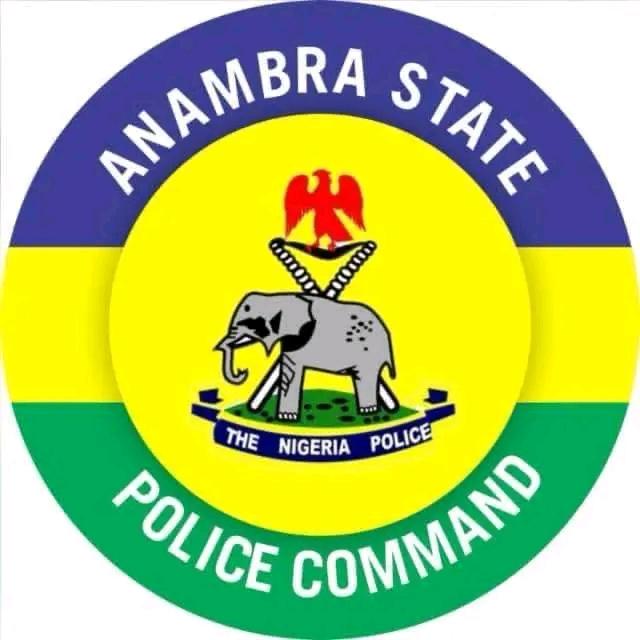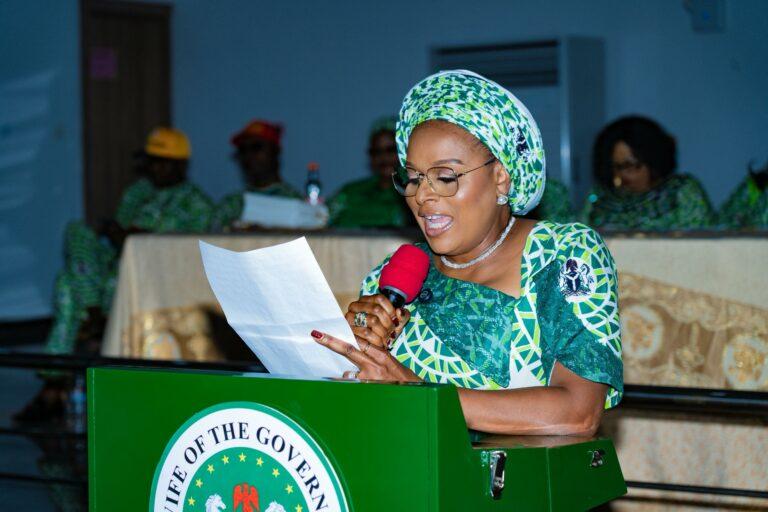The Chairman of the Economic and Financial Crimes Commission (EFCC), Mr Ola Olukoyede has said that organised foreign fraud syndicates are establishing cells in Nigerian cities and recruiting youths into serious organised cybercrimes such as cryptocurrency fraud.
EFCC Spokesperson, Dele Oyewale revealed this in a statement on Thursday in Abuja.
He explained that Olukoyode said this while receiving participants of the Executive Intelligence Management Course (EIMC) 18 of the National Institute for Security Studies (NISS) on Wednesday in Abuja.
According to him, the team was led by the institute’s director of studies, Hyginus Ngele, to the commission.
The Chairman expressed surprise at the sustained activities of bandits and insurgents in the country over the years, noting with concern the flow rate of weapons across the borders with non-state actors involved in the illegal exploitation of minerals in parts of the country.
In his words, “Another dimension that is not given attention is the discovery, recently, that organised foreign fraud syndicates are establishing cells in Nigerian cities.”
“They are recruiting young Nigerians into serious organised cybercrimes, including cryptocurrency fraud.”
“By the virtue of EFCC’s recent discovery, we are beginning to see the likelihood, the propensity that a lot of these people are into illegal importation of arms into the country using cryptocurrency as a means of payment.”
According to him, all these activities escalated security threats, and such area must interest everyone.
Furthermore, Olukoyede revealed successful operations done of recent which led to the arrest of some culprits.
He noted, “In the special operations we carried out in Lagos recently, we arrested 194 foreigners in the heart of Victoria Island, they comprised Chinese, Filipinos, Eastern Europeans, Tunisians and others in one building at a time. You can imagine what these guys are doing, 194 of them”.
”Some of them don’t even have valid visas, and most of the financial activities they carried out were through cryptocurrency,” he said.
In addition, He said the commission also discovered that some of the foreigners arrested were already ex-convicts in their countries.
“Some of them have been convicted and escaped from their countries and found safe haven in Africa, not only Nigeria”.
“We discovered that they are also developing cells in some other African countries by virtue of the investigation we are carrying out,” he said.
Moreso, the EFCC boss called for zealous efforts at both national and continental levels to fight the risk of internet fraud.
He emphasized that all security and law enforcement agency both within and outside the country should come together to address the issue.
“All security, intelligence and law enforcement organisations in Nigeria and indeed Africa must close ranks in dealing with this challenge,” he said.
Earlier, the NISS commandant, Joseph Odama, who spoke through Ngele, praised Olukoyede’s leadership of the EFCC for the commission’s “remarkable achievements in combating corruption, money laundering, and other financial crimes.”
He added that the EFCC, under Olukoyede, had been leading in investigating and prosecuting financial crimes, including those involving non-state actors, noting that the achievements had not only strengthened Nigeria’s integrity but also served as a model for other nations in Africa and beyond.
“Your commission’s exploratory activities have uncovered the intricate networks through which some NGOs and other entities channel funds to support hostile non-state actors, thereby fuelling instability in various parts of the country and the African continent.
“We recognise the critical role the EFCC plays in disrupting these networks and ensuring accountability.
”In light of this, we are particularly interested in hearing your insights on how your commission navigates the complexities of investigating and prosecuting cases involving non-state actors.
“We also seek your contributions on how Nigeria and other African nations can strengthen legal and institutional frameworks to address the challenges posed by these actors while promoting transparency and accountability in their operations.” He explained.









